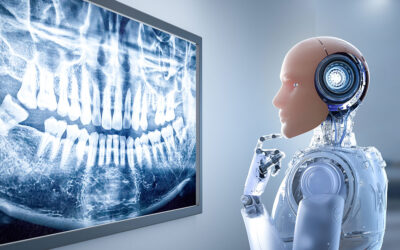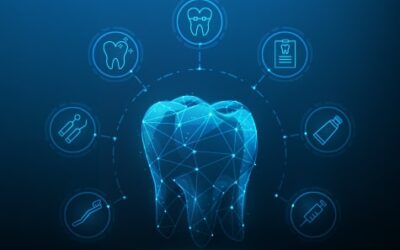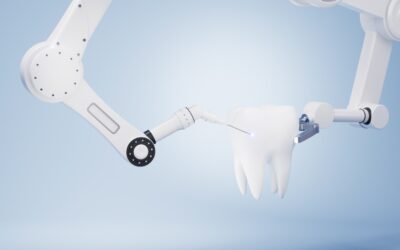
The association of Periodontal disease with emotional disorders
Gingivitis and periodontitis are two types of periodontal diseases that cause inflammation around the teeth. They are extremely common and up to 90% of people worldwide are affected.
Psychological stress has been recognized as the pathophysiological origin of many chronic diseases, and periodontitis is no exception. Studies showing that psychosocial conditions may change the host-immune response and thereby predispose people to periodontal disease explain the biologic mechanism for this association.
Numerous meta-analyses have demonstrated a positive correlation between periodontal disease and anxiety and depression. However, due to potential bias and confounding in the included studies, the results should be interpreted cautiously.
Additionally, it was claimed that lower toothbrushing frequency was significantly associated with anxiety symptoms. According to the findings, people who experience anxiety or depressive symptoms are more likely to have poor dental health.
References
Zheng, D.-X., Kang, X.-N., Wang, Y.-X., Huang, Y.-N., Pang, C.-F., Chen, Y.-X., Kuang, Z.-L. and Peng, Y. (2020), Periodontal disease and emotional disorders: A meta-analysis. J Clin Periodontol, 48: 180-204. https://doi.org/10.1111/jcpe.13395
Castro MML, Ferreira RO, Fagundes NCF, Almeida APCPSC, Maia LC, Lima RR. Association between Psychological Stress and Periodontitis: A Systematic Review. Eur J Dent. 2020 Feb;14(1):171-179. doi: 10.1055/s-0039-1693507. Epub 2020 Feb 18. PMID: 32069501; PMCID: PMC7069755.
Anttila S, Knuuttila M, Ylöstalo P, Joukamaa M. Symptoms of depression and anxiety in relation to dental health behavior and self-perceived dental treatment need. Eur J Oral Sci. 2006 Apr;114(2):109-14. doi: 10.1111/j.1600-0722.2006.00334.x. PMID: 16630301.






